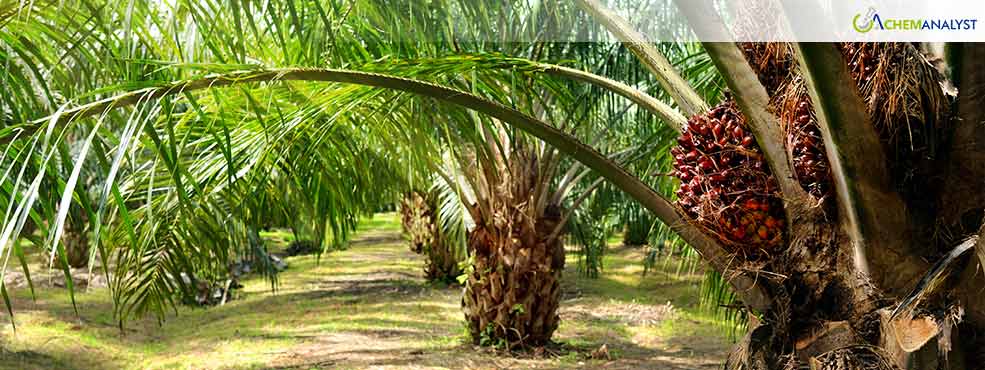Welcome To ChemAnalyst

Indonesia has expressed optimism that the European Union will adjust its controversial stance on palm oil-based biodiesel following a recent ruling by the World Trade Organization (WTO). The decision, which came after a legal dispute initiated by Indonesia in 2019, challenges the EU’s restrictive biofuel regulations that have placed palm oil-based biodiesel under scrutiny due to concerns about deforestation and its environmental impact.
The EU’s decision to phase out palm oil-based biodiesel between 2023 and 2030, citing its contribution to environmental damage, sparked a legal dispute with Indonesia, the world’s largest palm oil producer. Jakarta argued that the EU’s measures were not only disproportionate but also disguised protectionist trade barriers aimed at limiting Indonesia's palm oil exports, despite the product being a significant part of its economy.
The WTO panel acknowledged the EU’s legitimate concern over climate change and greenhouse gas emissions but found several flaws in the EU’s approach. While the EU was justified in its efforts to limit environmental harm, the panel determined that the EU had not followed proper procedures in preparing and implementing its regulations. Specifically, the EU failed to ensure timely reviews of scientific data to assess the risks of palm oil-based biodiesel and did not meet necessary transparency standards when developing and enforcing the policies. Furthermore, the WTO found that the EU had not treated Indonesian biodiesel on equal terms with biodiesel from other sources, favouring European and third-country biofuels over palm oil-based alternatives.
The ruling has been seen as a partial victory for Indonesia, which had argued that the EU’s actions amounted to an unjustified trade restriction. In response to the WTO’s findings, Indonesia's Trade Minister, Budi Santoso, expressed hope that the EU would revise its regulations to align with international trade norms. “We welcome the WTO’s decision and hope that this serves as a warning to other nations that might be considering similar trade measures,” Santoso said in a statement. He added that Indonesia would closely monitor any changes to the EU’s regulatory framework to ensure compliance with the WTO's recommendations.
While the ruling has not overturned the EU’s broader environmental goals, it is a significant blow to the EU’s biofuel policy as it applies to palm oil, forcing the bloc to reconsider its approach. Indonesia has long maintained that palm oil is a sustainable resource when managed responsibly, and the WTO ruling is likely to encourage more dialogue on how both trade and environmental concerns can be balanced.
As both parties digest the ruling, the future of palm oil biofuels in the EU remains uncertain, but Indonesia’s government is steadfast in its intention to ensure that its exports are not unfairly hindered.
We use cookies to deliver the best possible experience on our website. To learn more, visit our Privacy Policy. By continuing to use this site or by closing this box, you consent to our use of cookies. More info.
